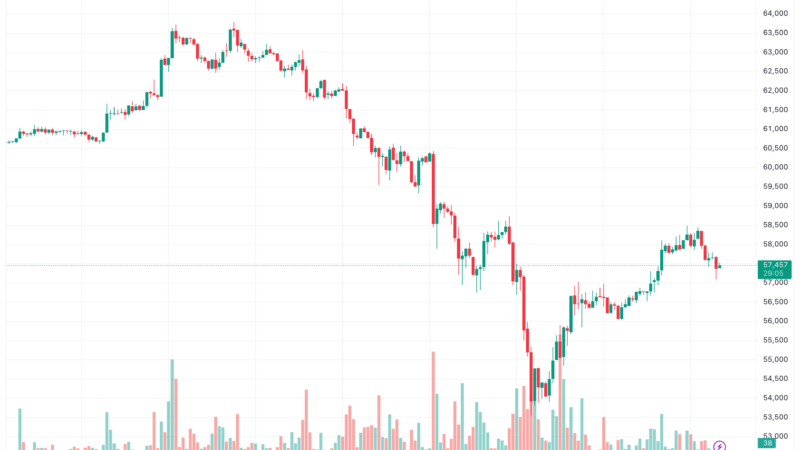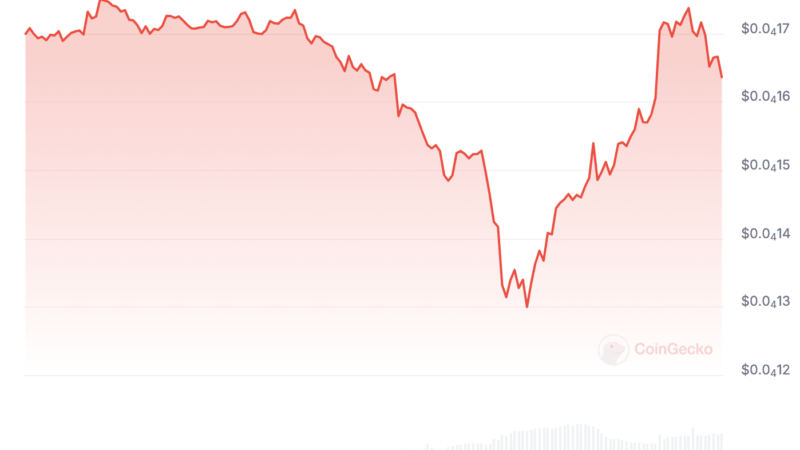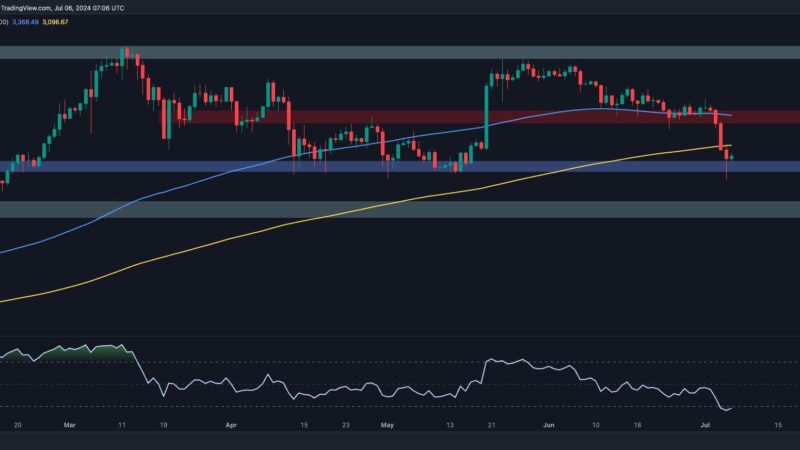How Israel-Hamas Conflict Intensifies the Regulatory Spotlight for Crypto


The post How Israel-Hamas Conflict Intensifies the Regulatory Spotlight for Crypto appeared first on Coinpedia Fintech News
Amid escalating tensions between Israel and Hamas, cryptocurrencies are being pulled into the fray as governments and regulators worldwide pay increasingly serious attention to the digital asset’s role in terrorist financing. In what’s being labeled the financial world’s version of “shock and awe,” Israeli and global authorities have sprung into action to halt cryptocurrency flows into conflict zones. This comes after reports emerged implicating crypto accounts in financing Hamas, a group of internationally recognized terrorist organizations.
Since the onset of hostilities on October 7, Israeli authorities have cracked down hard on cryptocurrency accounts suspected of financing Hamas. Over 100 accounts on Binance, the world’s largest cryptocurrency exchange, have been closed. An additional 200 accounts are also under scrutiny, further implicating Binance as a platform of interest in the ongoing investigations.
But Binance isn’t alone in this crackdown. Tether, another major player in the cryptocurrency landscape, recently announced freezing 32 addresses containing over $873,000, on suspicions of being connected to “terrorism and warfare.”
U.S. Regulation Takes Aim
Stateside, the issue of cryptocurrency’s role in terrorism financing has also caught fire. Senate Banking Chair Sherrod Brown and Senator Elizabeth Warren advocate for stringent anti-money laundering (AML) regulations on cryptocurrencies. Warren’s push for a new bill has gained bipartisan support, fueled by the crisis in Israel and the alleged crypto connections to Hamas.
Like Blockchain Association CEO Kristin Smith, critics argue that a new regulatory framework would push “crypto activity into unreachable, unregulated venues and jurisdictions.” But as the evidence pile grows, so does the bipartisan coalition calling for immediate action.
The crisis could be a defining moment for the cryptocurrency industry, which has been attempting to shed its ‘Wild West’ image in a bid for mainstream acceptance. However, this newfound focus on the industry’s role in financing terrorism has given critics powerful ammunition.
According to reports cited by the Wall Street Journal, digital wallets linked to Hamas and Palestinian Islamic Jihad have received up to $134 million since 2021. Such statistics are grist for the mill for crypto skeptics and could potentially tip the scales in favor of tighter regulations.
Crypto has often been lauded for its revolutionary potential, but its pseudo-anonymous nature also makes it ripe for exploitation by bad actors. As Israel’s Defense Minister Yoav Gallant emphasizes, the complexity of combating terror financing skyrockets when digital currencies enter the mix.



